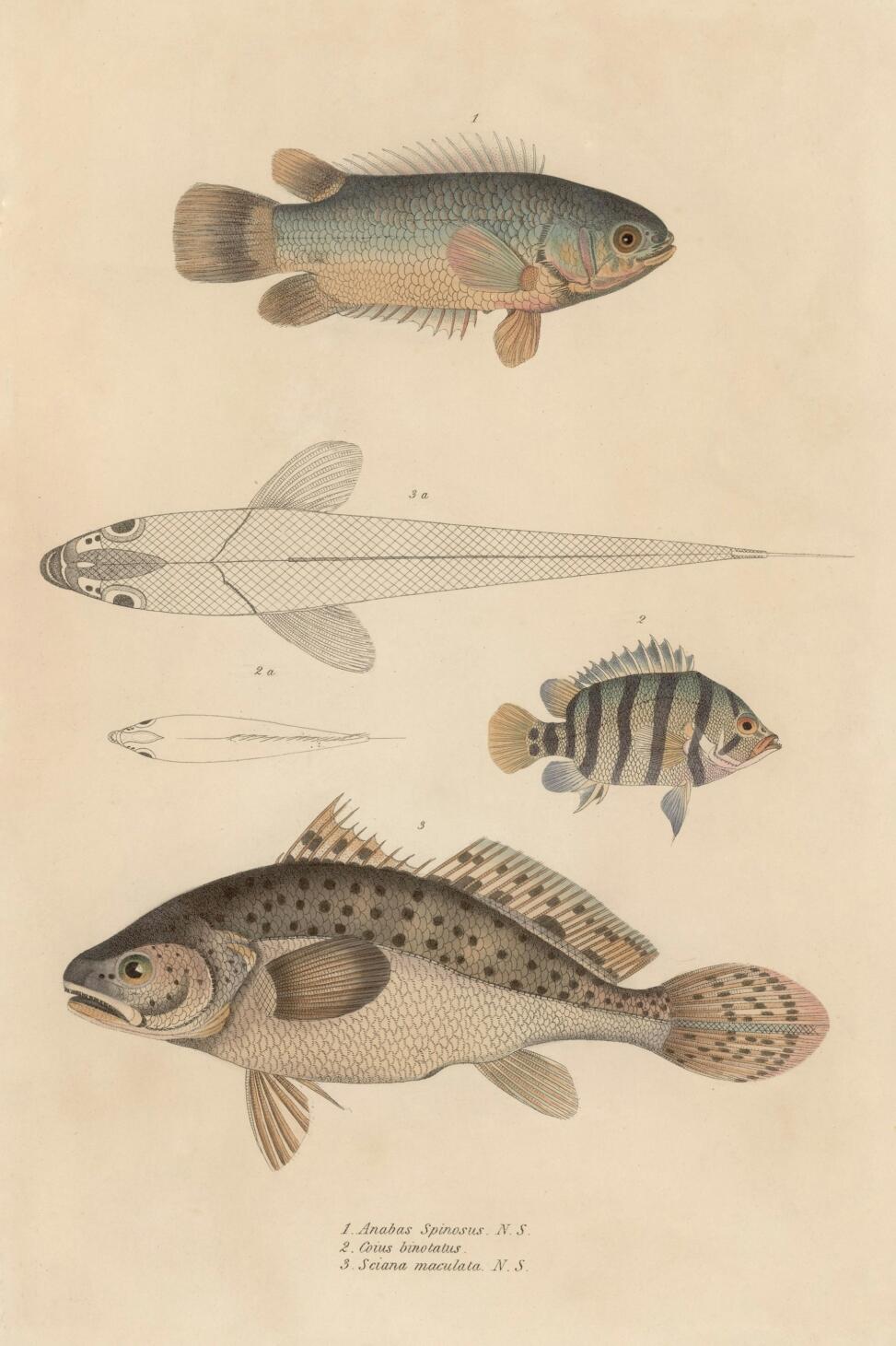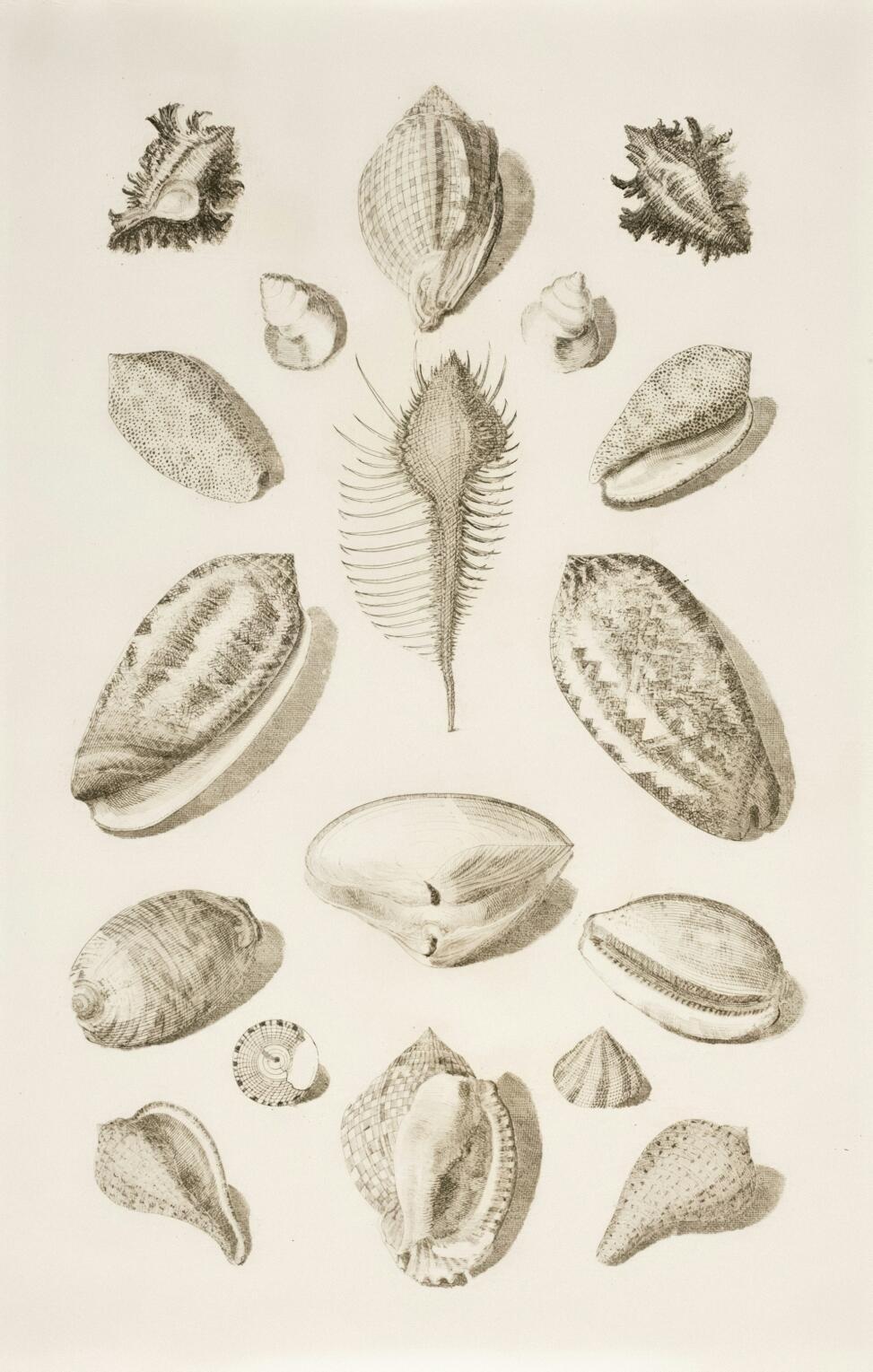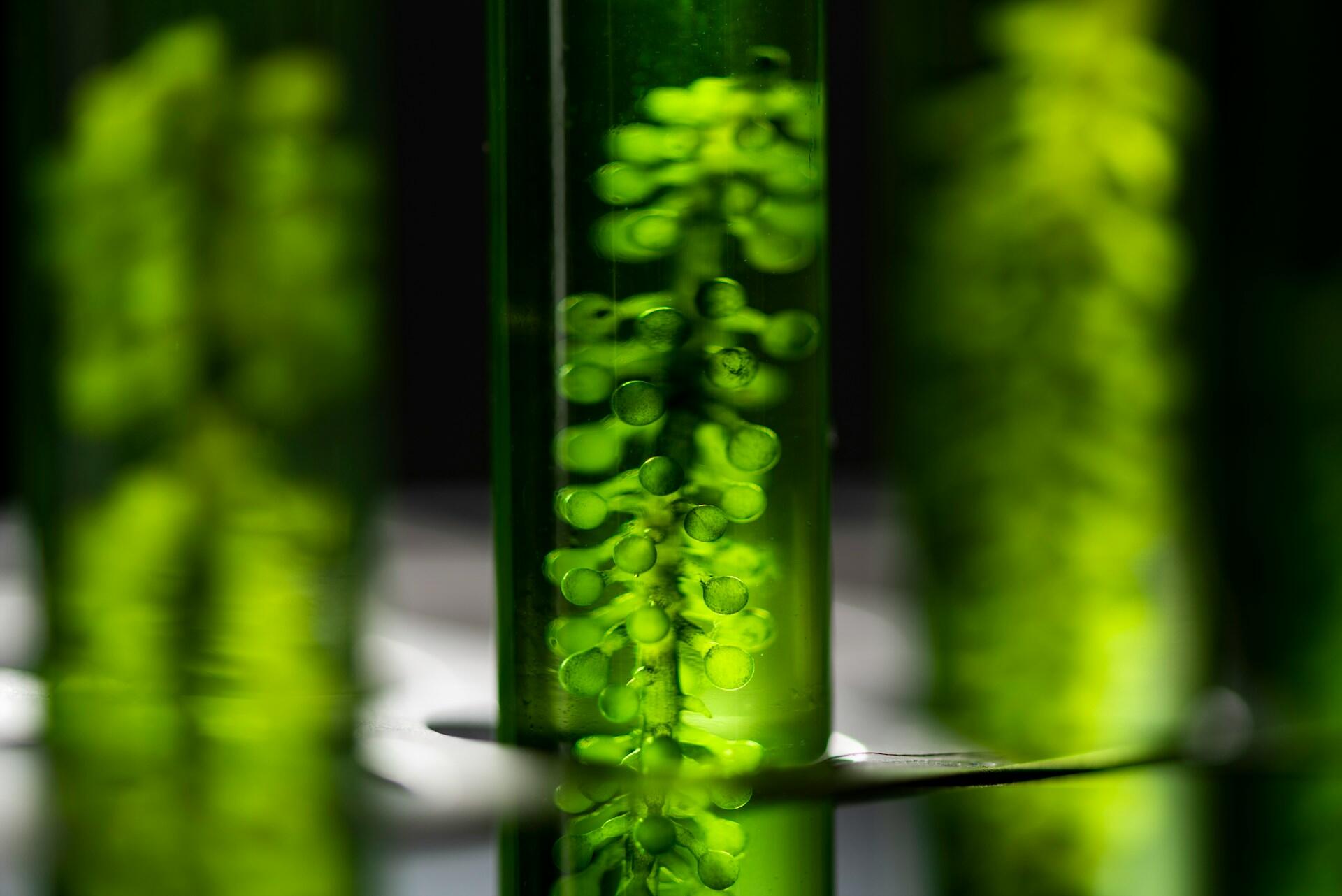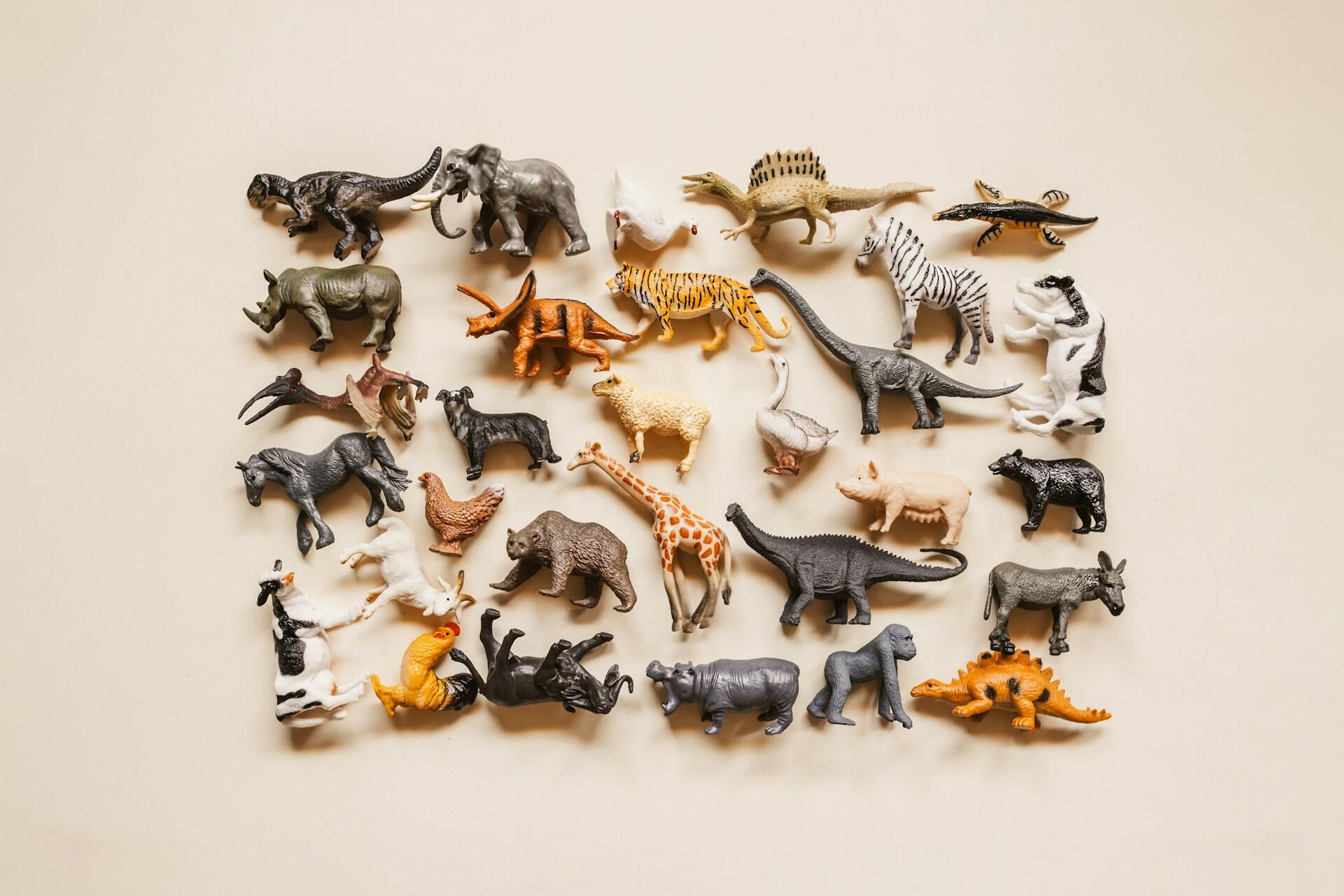Biology is the science that helps us understand the rules that govern life.
Richard Dawkins
Biology is the science that helps us understand the world around us, from the smallest of cells to the complex systems that sustain life on Earth. This quiz is designed to challenge you and deepen your understanding of key concepts in this fascinating field.
Whether you’re a curious student, a science enthusiast or just looking to refresh your knowledge, this quiz is for you. Each question will take you through essential topics like genetics, cells, biological processes and more.
So, what are you waiting for? Put your knowledge to the test and see if you’re a true biology expert! 💡
Quiz
Quiz :
Biology: The Study of Life and Its Processes
Biology is the science that explores life in all its forms, from microscopic organisms to the vast ecosystems that shape our planet. This fascinating discipline helps us understand not only how living things function, but also how they interact with one another and with their environment. It’s like solving nature’s ultimate puzzle! 🧩
From the moment we’re born, all living beings share certain fundamental traits: the cells that make up their bodies, the energy they need to carry out vital functions, and the delicate balance that keeps everything in harmony. Though often invisible, the biological processes at work within us are essential to our survival and well-being.
The Importance of Biology in Society
Biology isn’t just another school subject, an essential part of everyday life! From medicine to agriculture to environmental conservation, biology plays a powerful and transformative role in shaping our world.
Did you know that biology has revolutionized modern medicine? Vaccines, antibiotics, and treatments for serious diseases all exist thanks to our understanding of biological principles. Advances in genetics and cell biology continue to drive innovation, leading to new therapies that save lives every day.
| Medicine | Agriculture | Environmental Conservation |
|---|---|---|
| Treatments for serious and chronic illnesses 💉 | Crops resistant to pests and diseases 🌾 | Species protection and ecosystem restoration 🌳 |
| Advancements in genetics for personalised therapies 🧬 | Innovations in food safety 🍅 | Reducing the ecological footprint 🌍 |
In the field of agriculture, biology has also had an enormous impact.

Advances such as improved crops and genetically modified organisms (GMOs) have made it possible to boost food production, helping ensure that the world’s growing population has access to the resources it needs to survive.
And of course, when it comes to environmental conservation, biology plays a crucial role. It helps us understand how to protect endangered species, restore damaged habitats, and maintain the delicate balance of ecosystems. Studying how these systems work is key to fighting climate change and preserving our planet for future generations. 🌿
The Future of Biology: Innovation and New Challenges
What makes biology so exciting is that it’s constantly evolving. With every discovery fresh possibilities emerge, along with the potential to solve some of humanity’s greatest challenges. 💡
Fields like biotechnology and molecular biology are leading this wave of innovation. Thanks to these areas, we can now develop organisms that produce medicines, food, and other valuable products. Imagine a future where diseases can be prevented before they even appear, that’s the kind of future molecular biology is working toward!
🔬 How do you think biotechnology could change medicine in the next 10 years?
🌍 What steps should we take to better protect the environment?
Of course, not everything is without controversy. Biology also raises important ethical questions, especially in the area of genetic engineering. The ability to modify genes and create genetically altered organisms forces us to think carefully about the limits of science. How far should we go? 🌱

One thing is certain: the future of biology will be key to tackling some of the world’s biggest challenges from climate change and resource scarcity to global sustainability. Synthetic biology has the potential to revolutionize our ability to develop green, sustainable solutions. For example, by creating microorganisms that can turn waste into valuable resources.
Biology is much more than a school subject, it’s the key to understanding life and the processes that sustain it. By deepening our knowledge of biological principles, we not only improve our health but also protect the planet and contribute to solving global problems.
With ongoing scientific progress, biology will continue to provide innovative solutions that transform our lives. From groundbreaking medical treatments to cutting-edge environmental technologies, biology lies at the heart of every major discovery and breakthrough! 💡
Summary of Key Concepts Reviewed
- Photosynthesis: The process by which plants convert sunlight into energy 🌞
- Red Blood Cells: Cells that transport oxygen throughout the body🩸
- Mitochondria: Organelles that produce energy (ATP) ⚡
- Nitrogen: An essential element for building proteins 🌿
- DNA: The genetic material that carries the instructions for life 🧬
- Ribosomes: Organelles responsible for protein synthesis 🔬
- Bacterial Cells: Prokaryotic cells that lack a nucleus 🦠
- Viruses: Particles that require a host cell to reproduce 🐣
- Mitosis: The process of cell division that produces two identical daughter cells 🔄
- Kidneys: Organs that filter waste and produce urine🚰
So keep learning, keep exploring and above all, stay curious!
















